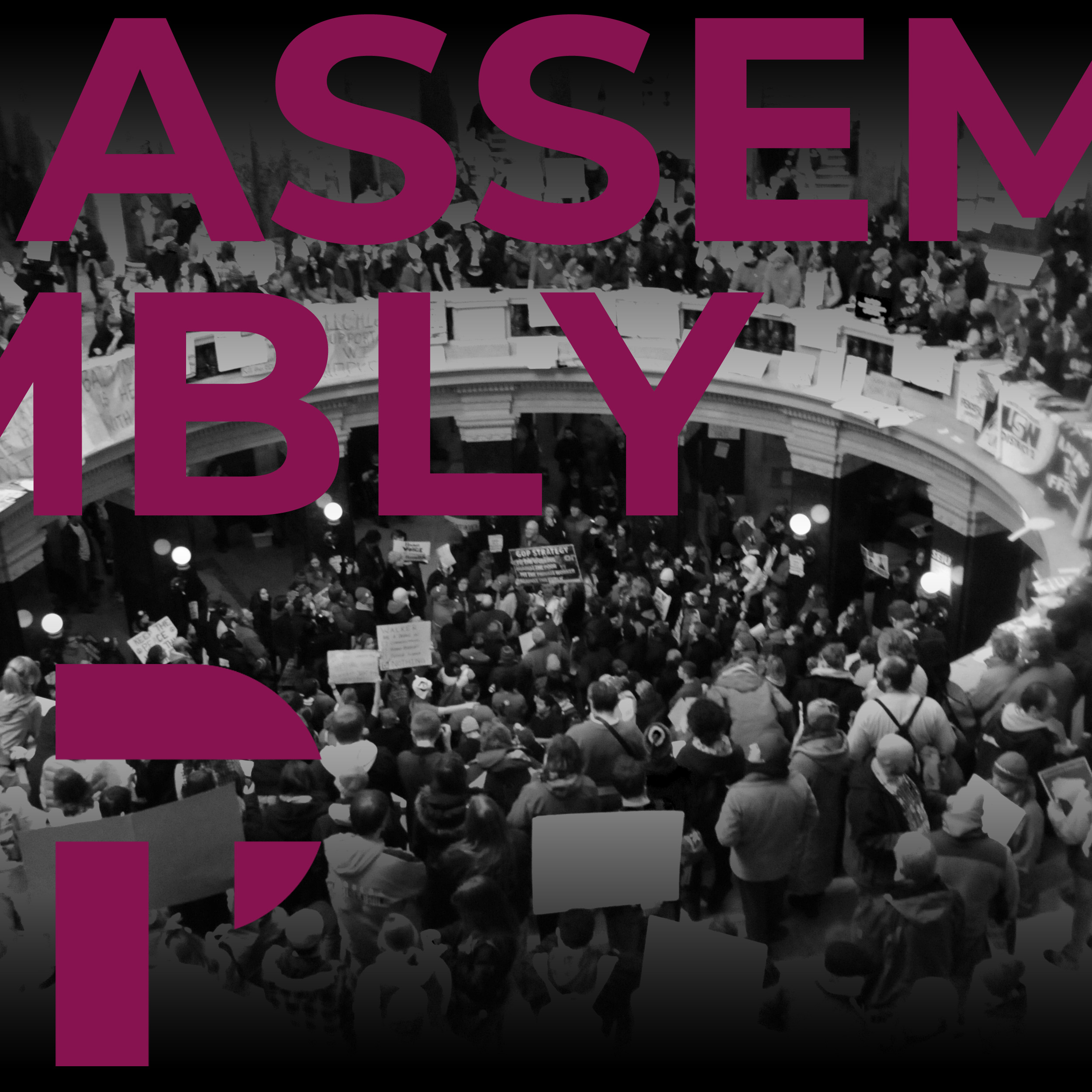S4 E8 – Religion after the Outrage
Description
The advent of new digital technologies has made surveillance ubiquitous and inconspicuous. From facial recognition software designed to detect your mood to social media apps that track your daily shopping habits, we are now constantly surveilled in the absence of a guard watching over us. Indeed, a peculiar feature of digital media is that its turned over the burden of surveillance from state-sponsored policing agencies onto civilians.
How might digital technologies both destabilize the power of authoritative figures ranging from the President to the Pope while simultaneously buttress wide spread institutional corruption and lack of accountability by transforming civic society into a motley of mobs policing each other over words typed on social media accounts? Furthermore, what is the role of religion in shaping these novel challenges and promises of exercising power as computer users? Are digital surveillance technologies akin to a religion of control? Alternatively, how might religion help us develop bonds over the web that are not sealed by feelings of outrage?
Join us today as we debate these questions on “Religion after the Outrage”. Dr. Jeremy Weissman, Assistant Professor of Philosophy at Nova Southeastern University and author of the recently released monograph “The Crowdsourced Panopticon: Conformity and Control on Social Media," joins today’s show to discuss new surveillance technologies and the complex ethical and moral challenges these new technologies pose for religion scholars, theologians, and religious leaders.
To learn more about Dr. Weissman’s work please visit the following link.
More Episodes
As we reach the conclusion of the current Series, Amanda and Sher take a deep dive into the thematic framework for binding the previous eight episodes: synthetic religions. Tune into to hear about the story behind the term, works such as Christopher Preston's The Synthetic Age & Catherine...
Published 08/02/22
Published 08/02/22
More religious spaces are currently closing than opening in America today. Another recent study found that over 50% of religious communities are facing financial difficulties and hardships. In some cities, nearly 20-30% of churches have closed or are currently in the process of closing. Moreover,...
Published 05/24/22


